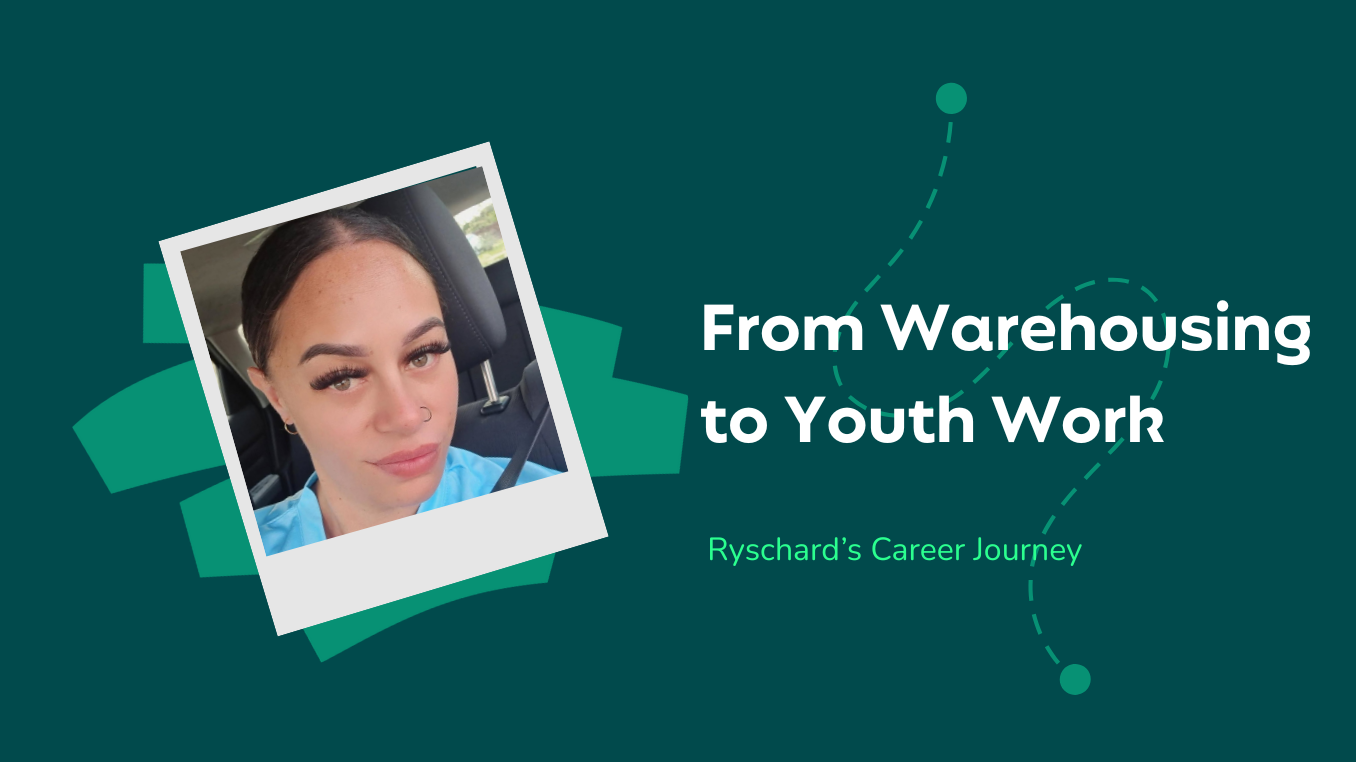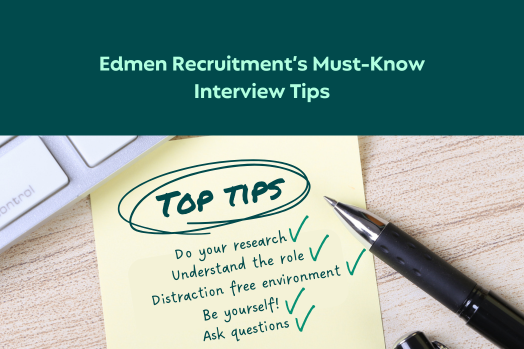Youth Support Workers


Make a difference, on your terms
Looking for a casual, flexible job where you can make a real difference in the lives of disadvantaged young people?
Join Edmen, one of Australia's largest dedicated community staffing organisations.
We employ a team of passionate Youth Workers and partner with child service and residential care providers across the country to support at-risk young people in residential settings.
Join a people-first team
As an Edmen Youth Support Worker, you'll be a mentor and role model, working with a supportive team dedicated to making a positive impact in the community.
Enjoy flexible hours, ongoing training and development. Plus, career advancement opportunities with permanent positions with our community service providers.
Whether you're new to youth work or an experienced professional, we're here to support you every step of the way. So, what are you waiting for? Take the jump and make your next career move with Edmen!

Getting started with Edmen
Looking to get into Youth Work?
Learn what you need to get started as an Edmen Youth Worker.
New to Australia?
Are you a migrant or visa holder? Find out what you need to become an Edmen Youth Worker.
Looking for Paid
Placements?
Earn while you learn with Edmen's paid placement program for students.
Why Choose Edmen?
Choose Your Schedule
You have control over your work-life balance. Whether you're looking to increase your shifts or discover new regional areas, Edmen offers the flexibility for you to organise work around your life.
Dedicated Support Team
From application to placement and beyond, your dedicated recruiter and service coordinator are here to support you. Have a question or need a concern addressed? We're just an email or call away.
Manage Your Cash Flow
Working casual community service jobs with Edmen means you get paid weekly, making it easier to manage your expenses and ongoing budget.
What our employees are saying

"For me, Edmen has given me the exposure and work experiences to set a great foundation to build my career. I’ve also met so many good people along the way. I don’t know how they do it, but there are so many good people within Edmen. It’s something you want to be part of."
- Precious, Edmen Youth Support Worker
Edmen Work Perks
Dedicated 24/7 Service Coordinators
Edmen support workers have access to their own dedicated service coordinators 24 hours a day. The team are just a phone call away.
Support & Supervision
Get the professional and personal support you need with ongoing supervision for all Youth Workers, plus we have an Employee Assistance Program (EAP).
Opportunities to go permanent
If your circumstances change. We offer opportunities to transition into permanent positions with our community service partners.
Earn while you learn
Our Kickstart Program lets you get paid for your placement hours while working with Edmen.
Weekly Pay
Consistency is best when it comes to pay. Weekly pay means you know exactly when your next paycheck is due.
Featured Blogs





